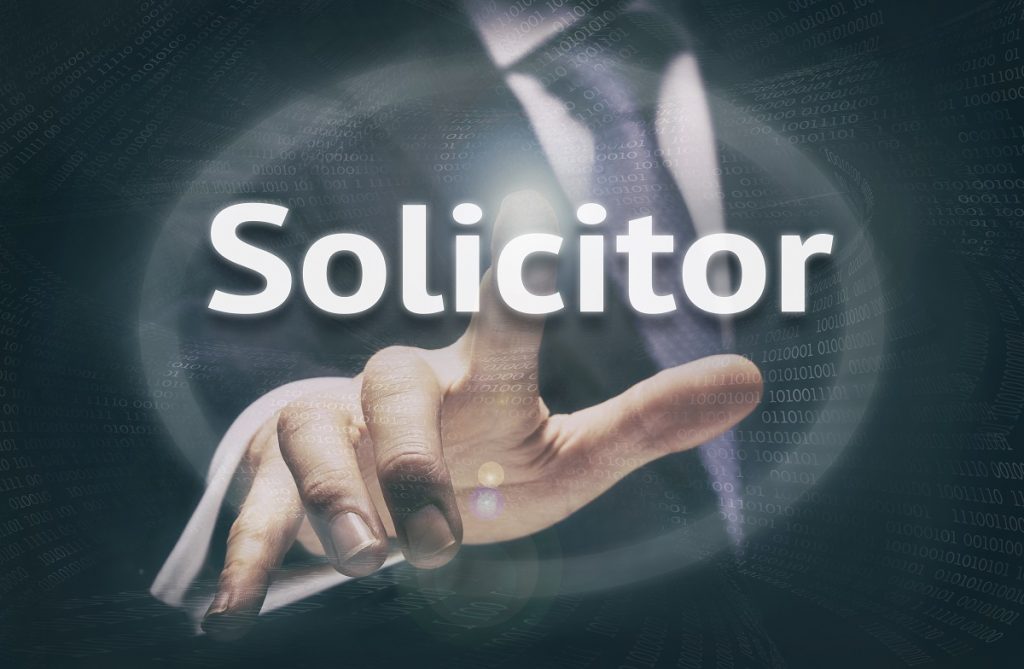Understandably, most people only look into legal representation from a fraud solicitor after an allegation has been made against them. When facing an allegation, it can be a very challenging and emotionally distressing time, but the level-headed expertise of a fully trained and licensed fraud solicitor can be invaluable. Not only in helping you understand the situation and the allegations which have been levied against you, but to start the foundation of your defence.
If you have been formally charged (perhaps after a raid), while in custody the first contact you make with your fraud solicitor ought to be made in the police station before making any formal statements. You have the right to refuse to be questioned without the presence of legal counsel and it would be prudent to select your legal counsel based on the charges that you are faced with. When you are arrested, you have the right to a written copy explaining the charges on which you have been arrested, so use this to guide you towards the appropriate solicitor.
If the charges are being levied against a company for which you are an executive officer (or against yourself whilst operating as a sole trader), you will be able to obtain legal advice at your leisure. It is highly recommended that you do so before any court hearing so that an adequate defence can be formulated. Before these charges are passed on to higher courts, a solid foundation of any future hearings can then be established, which also provides you with an opportunity to organise your own paperwork and documents which support your case.

Regardless of your level of exposure to the charges, there can be serious implications; not only the potential of prison time, but also fines and the future exclusion from company ownership. Resolving the case in your interest will always be the primary goal of a fraud solicitor and due to client confidentiality, there is no reason why you should not be entirely forthcoming with your solicitor in order to aid them in representing you.
Fraud cases can often be the result of ignorance and clerical error more than malicious intent and often this will form the foundation of many defence strategies. The prosecution will use forensic accountants to analyse financial histories and attempt to detect discrepancies, whereas the defence will attempt to find reason for the discrepancies or indicate the parties who were responsible.
Fraud laws and regulatory compliance can be extremely technical and not easy to grasp for lay clients. One of the primary goals of a fraud lawyer is to communicate at each stage of the investigation, prosecution and possibly appeal with the client keeping them informed of how the situation is developing and what actions need to be taken to mitigate approaching risks.
Depending on the scale and nature of the fraud, negative publicity can come along with such cases. In this situation, a solicitor can be used to communicate between the accused and any public media bodies which may wish to gain an interview with them and publicise the situation.
